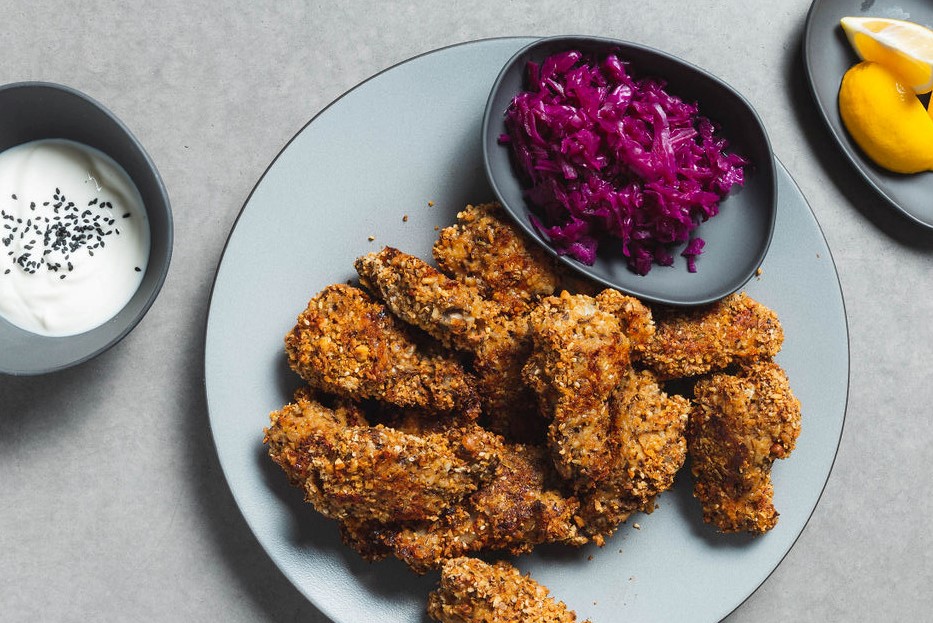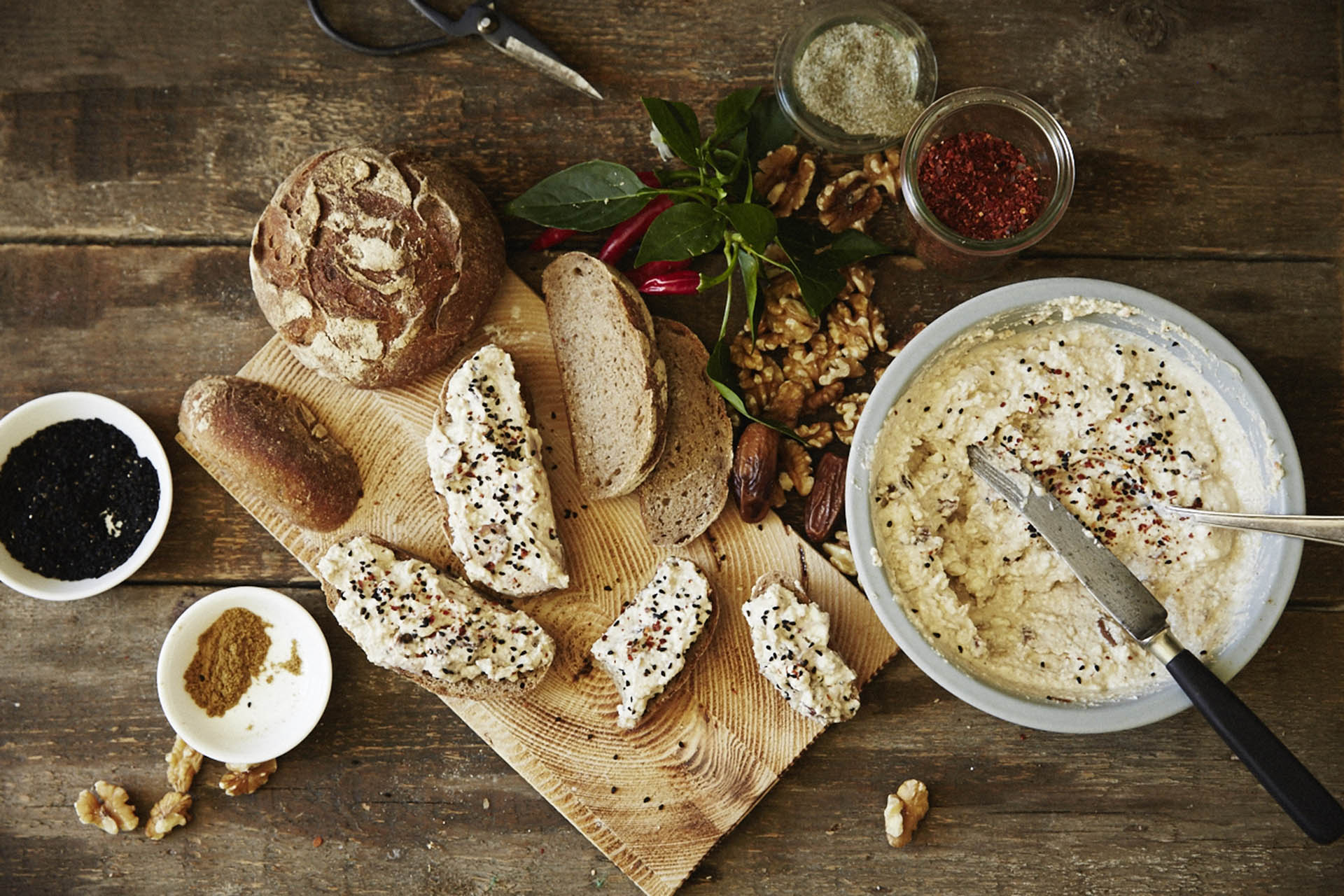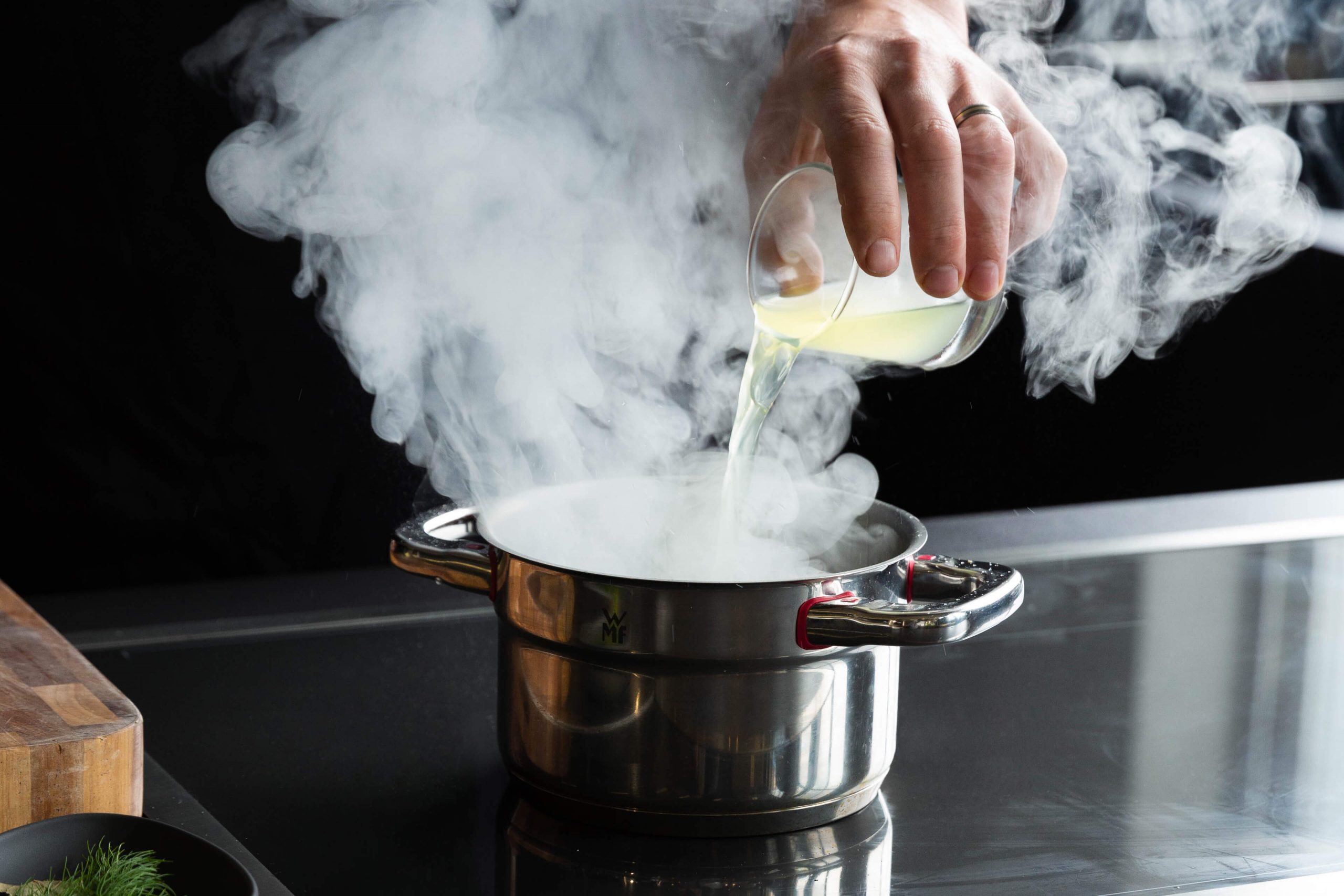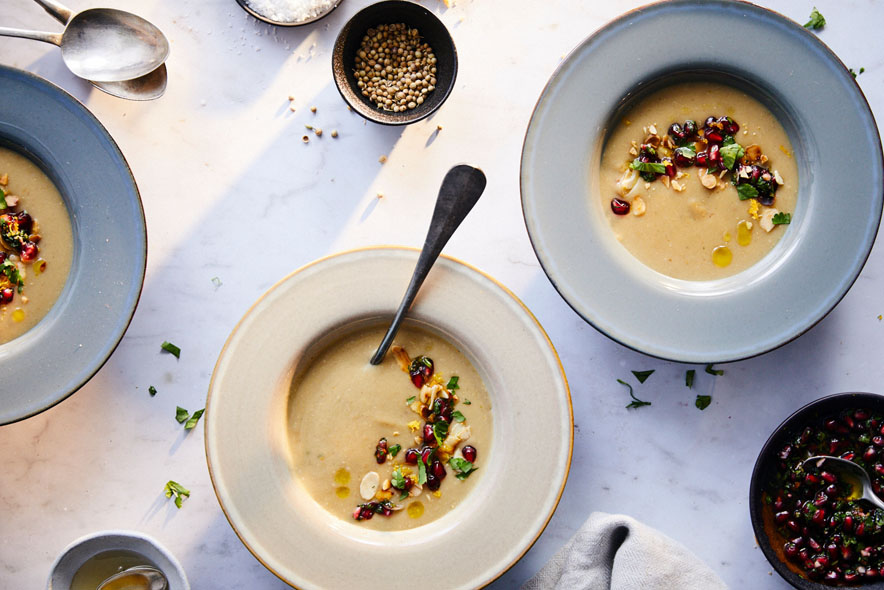
In Conversation With Chef Des Harris
Des is widely regarded as one of New Zealand’s most prominent chefs. Originally from Wellington, Des spent his formative years leading the kitchen at Logan Brown under Chef Al Brown. Des went on to be Clooney Restaurant’s Executive Chef for almost 9 years. Amongst many achievements, his career highlight is being awarded ‘Chef of the Year’ and leading the restaurant to a 3 Hat standard in the inaugural edition of the Good Food Guide in 2013.
In November 2016 Des consulted on one of the most successful openings of the year at Augustus Bistro in Auckland.
Des is now the executive chef at The Hunting Lodge Winery in Waimauku. Here he has found a new expression, through the synergy he shares with the wine maker and permaculturist.
We sat down with Des to learn more about what makes him the Chef he is today, what ingredient scares him and what is the go to comfort meal on a Saturday night.
What was the trigger to make you realise that a career as a chef was for you?
This wasn’t until I actually started working in the industry. I spent 2 years prior studying at catering college in which time I wasn’t sure whether cooking was for me. Once working, I discovered I really enjoyed the camaraderie and team dynamic of kitchen work, it made the cooking fun.
If you didn’t become a chef what would you have been?
I’ve always loved food. Growing up close to my grand parents gave me not only an appreciation for my grand mothers cooking, but also an appreciation for granddads vegetable gardens. So I’d have to say some thing horticultural based if I wasn’t a chef.
Describe yourself as a chef.
I’m a hard working creative and also a bit of a perfectionist. I love the organisational aspect of kitchen work, meaning I might also be a bit of a control freak.
Who or what is your greatest inspiration?
Finding that perfect ingredient to create with.
What is your one ingredient that is your staple or you just simply love to cook with?
Can I say acidity as an ingredient? Without acid, food would just taste so flat. I’ve always appreciated how a good squeeze of lemon juice can brighten and elevate a dish.
One thing you couldn’t do without in the kitchen?
A probe thermometer. I’m pretty good at gauging doneness of meats with my experience, but using probes to cook to doneness is just so efficient. It frees you up to focus on your other dish components with the assurance that your proteins are going to be perfect every time.
How do you think cooking has developed over the last ten years?
Chefs have adopted umami as the 5th flavour profile. We can add so much more depth to a dish with the knowledge of how to coach out or add this taste. With increased kitchen technology, cookery techniques are a lot more accurate. This means that we can plate in a more of a minimalist style, making the food look deceptively simple.
One ingredient that scares you for good or bad reasons?
Sugar. I was taught as a young cook to load even savoury dishes with sugar to boost flavour, which is pretty crude. As I developed as a chef I learnt that I could bring out the natural sweetness of vegetables by applying different cooking techniques like caramelizing, slow cooking or condensing. The food just tastes so much more refined.
Most underrated vegetable?
Probably Brussel sprouts. If you cook them hard and fast this brings out their nutty flavour. Caramelizing them reduces their bitterness and makes them super delicious.
What is the next food trend you see happening?
Things go round, and come back in varying ways so that’s a bit of a tricky question for me to answer. Plant based eating is currently on trend and that will continue. As all ingredients become more expensive, I think its even more relevant to base you’re cooking on seasonal produce. So less meat & more of a healthier plant based approach will become more of a thing
Saturday night in, what is your comfort meal?
It would have to be Risotto. It’s a real labour of love making it, the sort of dish you can unwind over while having a glass of wine as you stir away.
Talk to us about the importance of sourcing the right ingredients and knowing the producers?
You need to know where the produce comes from, to engage your customers – to help tell a story. Producers have so much passion for what they do and when they engage with chefs it gives them a sense of pride, to know where and how their product is being used. As a chef, when you know the producer and you show an interest in what they do, you are going to get better quality.
What is your preferred style of dining experience?
After 20 years of cooking fine dining, it’s definitely not that. I like the shared table format, it’s Informal – but the food still has to be well prepared and tasty.









